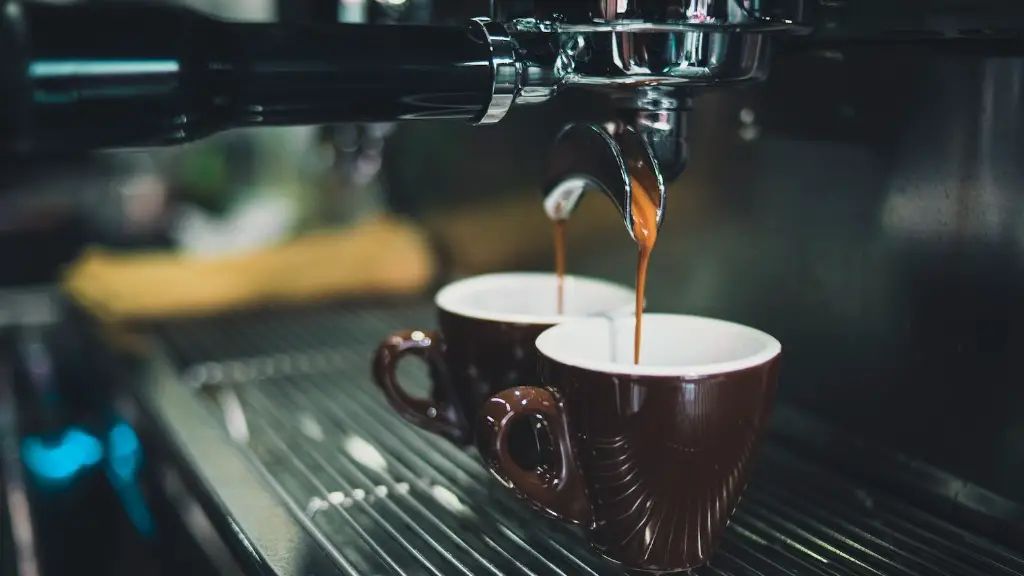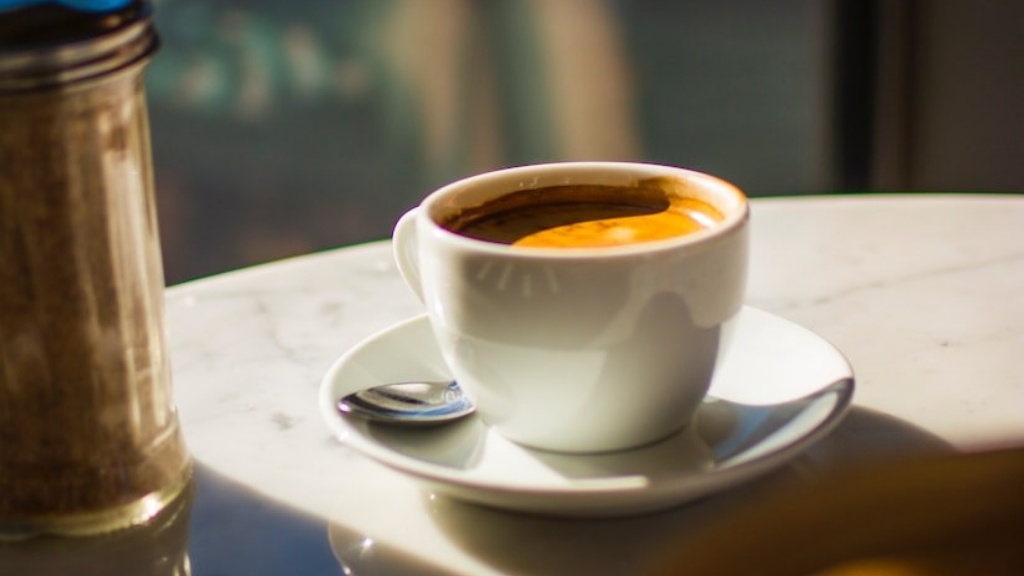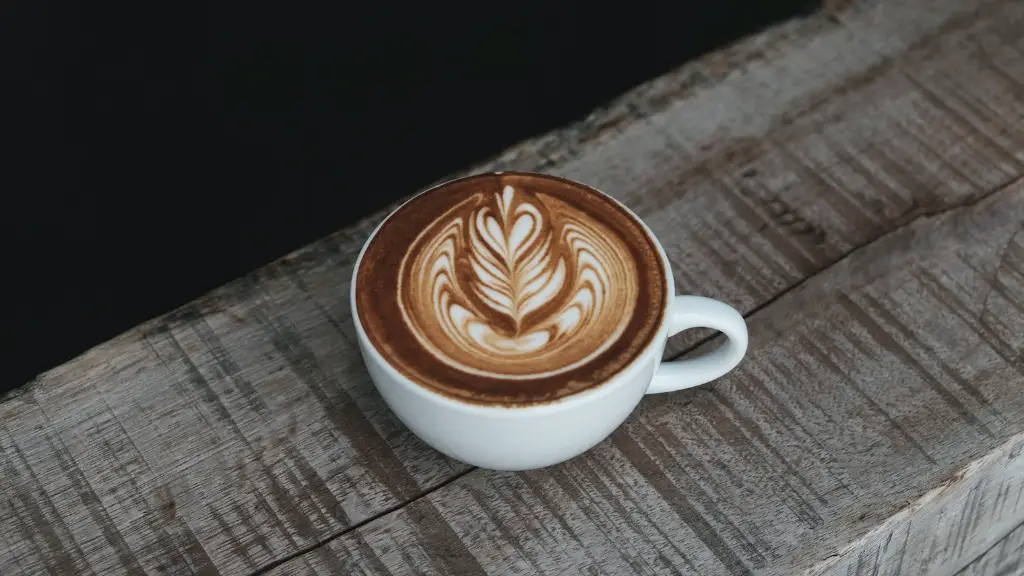Driven by the modern lifestyle of staying awake past bedtime and performing astounding levels of high-intensity tasks, coffee has steadily become a staple of many diets. It’s not uncommon to hear of people using coffee as a means to power through their day, and to make sure they can stay sharp, alert, and focused on the task at hand. As beneficial as coffee may be in keeping fit and staying awake, however, what are the impacts of coffee consumption when it comes to performing a lipid panel test?
A lipid panel test (also known as a cholesterol panel test) is an essential medical procedure used to measure the concentration of certain lipids and related proteins in a person’s bloodstream. It is commonly used as a way to assess a person’s risk for coronary heart-disease, and is often recommended for adults over the age of 21. The test involves a person fasting for a set amount of time (typically 9-12 hours) to achieve accurate results.
This means not eating or drinking anything (apart from water) for the period of time before getting a blood test. Generally, people avoid eating food and drinking beverages with calories to ensure test accuracy. Dr. David L. Katz, director of the Yale University Prevention Research Center, notes: “It is not just the presence of calories in the food you recently ate that can change the appearance of your bio-markers; it’s also the influence of macronutrients on your body that can increase risk.” This is why experts recommend abstaining from food and beverages more than just water when fasting.
Many coffee lovers are left wondering: is coffee ok to drink while fasting for a lipid panel test? The short answer is, no. Coffee does contain calories (between 0-4 cal/ ounce for plain coffee) and this can alter the test results and render them inaccurate. Additionally, coffee is known to raise fatty acids in the blood as well as hormones such as cortisol, which can also lead to skewed test results. Therefore, drinking coffee when fasting for a lipid panel test should be avoided if improved accuracy is desired.
It is, however, alright to drink black coffee or tea without sweetener or creamer. These beverages contain physiologically negligible amounts of calories and should not interfere with the test results. Additionally, caffeine-free options such as herbal tea, decaffeinated coffee, and flavorless sparkling waters are also considered acceptable while fasting for a lipid panel test.
It’s also important to note that the amount of food and beverage consumed in the days prior to the test can also impact results. Eating unhealthy meals and snacking on calorie-dense foods right before the test increases triglycerides and the level of bad cholesterol in the blood. It is best to stick to a healthy diet and avoid any meals that are high in fat and calories in the two days leading up to the test. Additionally, avoiding vigorous physical activities and eliminating stress from your life can also help to obtain consistent test results.
Side Effects of Not Drinking Coffee
As mentioned earlier, people often rely on coffee as a means to remain alert and focused on their work. Thus, not drinking coffee during fasting may lead to a person feeling tired or fatigued. That said, during the fasting period, it is recommended to stay well hydrated with water, as people tend to experience extreme levels of thirst during fasting. Additionally, you can maintain mental alertness by taking short and frequent breaks, doing light stretching and relaxing exercises, listening to calming music, and engaging in conversation with your friends and family.
Trouble Fasting
If a person is having difficulty inevitably abstaining from coffee while fasting for a lipid panel test, they can opt to consider alternatives such as coffee substitutes, carbonated waters, and even decaffeinated coffee. We would recommend avoiding the temptation of coffee during the test, as this will lead to more reliable results. It is also important to take into account the amount of coffee usually consumed daily. For instance, if a person is used to drinking several coffees throughout the day, it is important to supplement the absence of coffee during the fasting period with foods and drinks that are also high in energy, like fruits and smoothies. Alternatively, exercising during fasting can also help to reduce fatigue during this period.
Alternatives to Coffee
If you insist on having a morning pick-me-up while fasting for a lipid panel test, there are some great alternatives to coffee that are far healthier and more beneficial in the long run. Coconut water, for instance, is rich in nutrients and electrolytes and provides a great boost of energy. Smoothies made from fresh fruits and vegetables are another great source of energy and nutrients, plus they are incredibly delicious. Green tea is another great option; it contains a good amount of caffeine and is rich in antioxidants. You can also opt for herbal teas or chai teas, both of which are incredibly hydrating and energizing.
Foods to Eat While Fasting for a Lipid Panel Test
It is also important to eat healthy foods prior to and during the fasting period. This means avoiding high-fat foods, processed foods, and unhealthy snacks. Suggested foods to include in your diet while fasting for a lipid panel test include lean proteins like chicken and fish, plant-based proteins like nuts and beans, and healthy fats like avocado. Whole grain foods and fruits are also great sources of energy and should be eaten in moderation as you approach the fasting period. Make sure you are also well hydrated with water, herbal teas, and decaffeinated beverages.
What to Avoid While Fasting
As previously mentioned, it is best to avoid high-fat foods, processed foods, and sugary snacks. These types of foods cause spikes in blood sugar and can lead to inaccurate results when having a lipid panel test. Additionally, it is important to avoid alcohol during the fasting period, as it can lead to abnormal blood sugar levels. Caffeinated beverages, including coffee, soda, and energy drinks, should also be avoided during the fasting period, as these beverages contain calories and affect the accuracy of the test results.
Conclusion
Coffee may be a great source of energy and focus, however, it should be avoided while fasting for a lipid panel test. It is best to stick to water, herbal teas, and decaffeinated beverages while fasting. Additionally, abstaining from high-calorie foods, alcohol, and caffeinated drinks is also highly recommended. Eating healthy and well-balanced meals in the days before the test is also necessary to obtain accurate results, as is abstaining from vigorous physical activities. The aforementioned tips and advice should help to ensure accurate test results when fasting for a lipid panel test.



